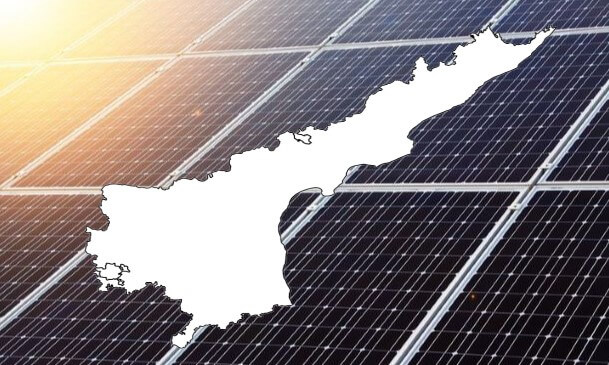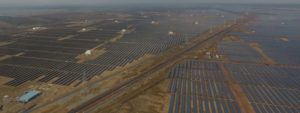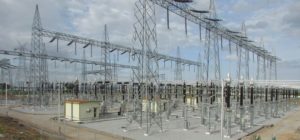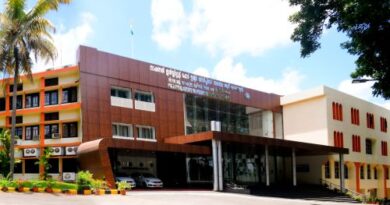Salient Features of the New Andhra Pradesh Solar Power Policy

The Andhra Pradesh government came out with a new Solar Power Policy to balance the industrialization and the development of the Solar sector in light of the recent tariff touching sub 3 levels. The policy will apply for a period of five (5) years.
The main Objectives are:
Capacity Addition: To add 5,000 MW of solar power capacity addition in the next five years
Distributed generation: To promote distributed generation to avoid upstream network cost and contribute towards loss reduction
Solar Pumps: To deploy solar-powered agricultural pump sets and meet power requirements of farmers during daytime
Employment: To promote local manufacturing facilities which will generate employment in the State
These are the salient features:
AP Discoms plans to procure approx 2,000 MW of solar power capacity in a phased manner in the next 5 years. The Andhra Pradesh Discoms will enter into long-term PPA of 25 years with developers as per the tariff-based competitive bidding guidelines of Ministry of Power.
The procurement of power from solar power projects with the capacity below 5 MW will be paid Feed-in-Tariff (FiT) set by APERC.
RECs: To Encourage RECs, Solar power producers whose Solar Power Projects are for captive use within the State or third party sale within and outside the State of Andhra Pradesh; these projects will also qualify for Renewable Energy Certificates (RECs).
Solar Parks: The Government of A.P will develop initially 4000 MW capacity Solar Parks and will help facilitate in building up the necessary infrastructure like power evacuation, water requirements and internal roads.

SPVs: The State will extend all facilities and fiscal incentives provided by National Solar Mission to the manufacturers in Solar Parks. Special Purpose Vehicle(s) (SPV’s) will be established for the development of infrastructure and management of Solar Park(s).
Solar Rooftop: Andhra govt seeks to promote solar rooftop systems on public buildings, domestic, commercial and industrial establishments on gross and or net meter basis. The consumers are free to choose either net or gross meter option for the sale of power to DISCOMs. The applicable tariff for either of the cases will be equal to the average pooled power purchase cost (APPC) determined by the APERC.
For rooftop solar systems, projects of capacity up to 1,000 kW at a single location will be permitted.
Solar Powered Pumps: 50,000 solar powered pump sets are targeted to be operational in the state in the next five years without any additional financial burden on the farmers.
Transmission and Distribution charges for wheeling of power: Transmission and distribution charges will be exempted only for connectivity to the nearest Central Transmission Utility (CTU) via State Transmission Utility (STU) network for inter-state wheeling of power subject to the consent of APERC.
Energy Banking: Banking of 100 percent of energy will be permitted during all 12 months of the year, based on the feasibility and prior approval of the DISCOMs. Banking charges will be adjusted at the rate of 5 percent of the energy delivered at the point of transmission. The banking year will be from April to March.
Withdrawal from banked energy will not be permitted during five-month period from April 1 to June 30 and February 1 to March 31 of each financial year.
Unutilized banked energy will be considered as a deemed purchase by DISCOMs at 50 percent of the APPC. Payment for the deemed purchase of unutilized banked energy will be capped to 10 percent of the total banked energy during the applicable year.
Open Access: Intra-state open access clearance for the whole tenure of the project or 25 years whichever is earlier will be granted as per the APERC regulations. In absence of any response from the nodal agency to the generator within 21 days, such application will be deemed open access.

Deemed Industry Status: Generation of electricity from solar projects will be treated as eligible industry under the programs administered by the industries department, and incentives available to industrial units under such programs will be available to the solar power producers. Must-run status has been accorded to solar.
Agriculture consumption constitutes around 24% of the total energy consumption of the State and the government thinks Solar power can help shift the agriculture load and meet the power demand.
The State government is keen to tap (300 sunny days in a year with solar insolation of more than 5 kWh/m²/day) the immense solar potential and promote clean source of energy to meet the demand of both agriculture and industrial sectors. The cumulative installed capacity of solar power, according to the solar policy statement, in the state is 2515.78 MW.
Picture credit: APSPCL




